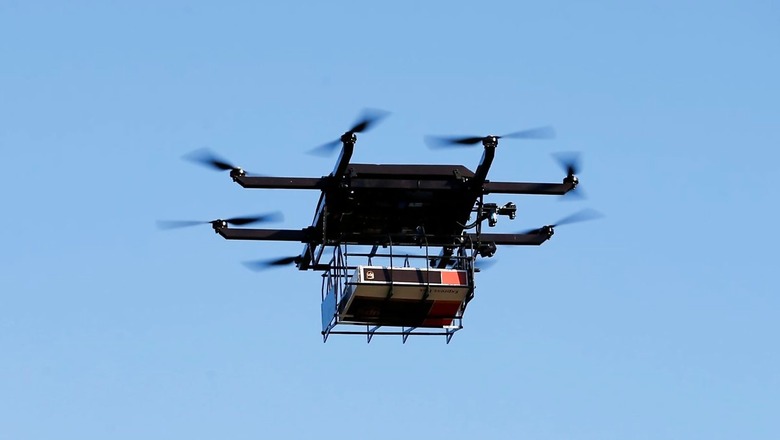
views
Drones and Artificial Intelligence-based platforms will be used by civic authorities as part of their comprehensive plan to combat dengue this year, with focussed fumigation at monument sites, hotels and markets in Delhi, which will host the G20 summit in September.
According to a senior official of the Municipal Corporation of Delhi (MCD), “Our plan is to make the city cleaner, safer and more vibrant” so that the visiting delegates of the influential bloc go back with a wonderful experience.
India assumed the year-long presidency of G20 on December 1. More than 200 meetings of the G20 will be held at 55 locations across the country and the summit will take place here in September.
In a statement on Saturday, the MCD said it has “envisioned a comprehensive and pro-active plan to prevent dengue this year with special focus on G-20 meeting venues, monuments, hotels, shopping mall, famous markets and other places of gathering of the delegates”.
In this comprehensive plan, one of the AI-based platforms i.e unmanned aerial vehicle or drone-based vector surveillance and concurrent anti-larval spray activity will be done on major drains to prevent breeding of mosquito larvae, it said.
Larvivorous fish will be released in water bodies to prevent mosquito larva breeding through biological control method. Fogging will be carried out as per NCVBDCP guidelines whenever required, keeping the NGT orders in mind, in eco-friendly manner, the statement said.
The department will ensure use of insecticide in rotation to avoid resistance in mosquitoes and larvae. MCD will pay special attention on meeting venues, hotels, monuments, tourist spots, shopping malls and famous markets by involving stakeholders to make the area breeding free, it said.
To increase public participation, officials will regularly interact with Resident Welfare Associations, religious leaders, market associations. Intersectoral departments coordination meetings will also be organised to create awareness.
Further multi-tasking staff will ensure house-to-house visit as per advance programme for breeding detection, destruction and creating awareness amongst general public, it said.
Deputy health officers will identify vulnerable colonies and hot spots based on vector indices and cases reported in previous years for focused action, officials said.
The work of domestic breeding checking staff will be supervised by circle-in-charges directly and work register will be cross checked by entomologists, AMO, epidemiologist and DHOs randomly. In case of high breeding index is reported from any area, entomologist of the zone will guide in controlling vector population, it said.
The entomological lab will be made operational and strengthened to carry out insecticidal sensitivity test randomly. Entomological Surveillance Report of Zonal Entomological Teams will be analysed by entomologist (headquarters) and weekly report will be sent to all concerned authorities, it said.
The zonal entomologists from all zones will send live samples of mosquitoes to NIMR for detection of dengue and chikungunya virus, the statement said.
Municipal Commissioner Gyanesh Bharti said the action plan to combat dengue has been made keeping the entire city in mind, and G-20 summit areas will be specially focused.
This year MCD would ensure a higher success rate through more intensive control measures. This will also benefit us in successive years, he added.
Various iconic monuments, centrally-protected or otherwise, will be in spotlight, and meeting or excursion activities are planned to be held up at such heritage sites, as part of G20 events.
Read all the Latest India News here




















Comments
0 comment